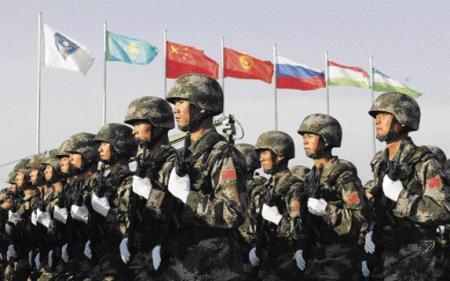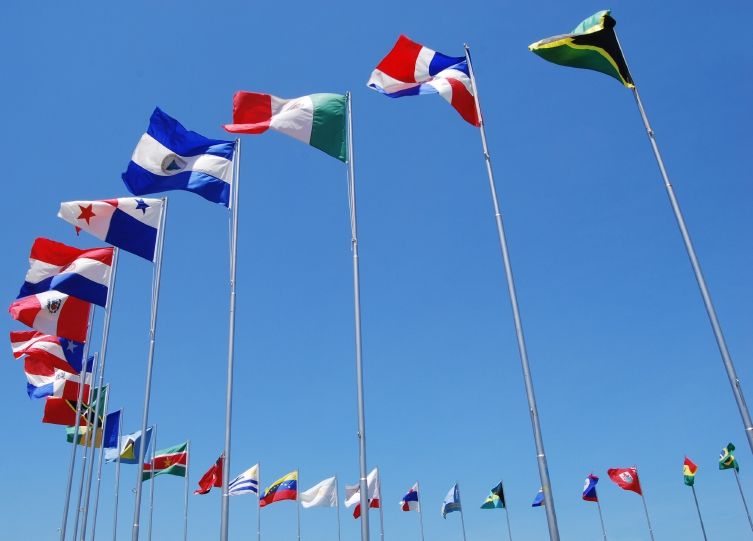Leaders of a grouping led by Russia and China on Thursday issued a statement opposing military intervention in the Middle East, a day after opposition claims that Syrian forces had killed 100 people.
The Shanghai Cooperation Organization (SCO) also called for a “peaceful resolution of the Syrian problem through political dialogue” in a statement released at the end of a two-day summit in Beijing.
“Member states are against military intervention into this region’s affairs, forcing a ‘handover of power’ or using unilateral sanctions,” it said, referring to the Middle East and North Africa.
The declaration was signed in Beijing by China, Russia and the other four SCO members — Kazakhstan, Kyrgyzstan, Tajikistan and Uzbekistan — after the two-day summit, which was also attended by Iran’s President Mahmoud Ahmadinejad.
The leaders also opposed any use of force in Iran, saying it could threaten global security.
“Any attempts to solve the Iranian problem with force are unacceptable and could lead to unpredictable circumstances that threaten stability and security in the region and the entire world,” said the statement signed at the end of a Shanghai Cooperation Organization summit that was attended by Iran’s leader.
Moscow and Beijing have consistently opposed international intervention to stop the bloodshed in Syria, but face growing pressure to change their stance after 15 months of conflict in which more than 13,500 people are said to have died.
On Wednesday, the opposition said forces loyal to Syrian President Bashar al-Assad had “massacred” about 100 people including women and children — a claim denied by the regime — as the US demanded a full transfer of power.
The demand by US Secretary of State Hillary Clinton came hours after China and Russia reaffirmed their strong opposition to regime change or international intervention in Syria and set the stage for a renewed diplomatic stand-off.
Russia and China have vetoed two Security Council resolutions against Assad’s regime, but backed UN/Arab League envoy Kofi Annan’s blueprint to end the conflict.
The Annan plan was supposed to begin with a ceasefire from April 12, but doubts have emerged about its effectiveness as violence has raged on despite the deployment of nearly 300 UN observers.











